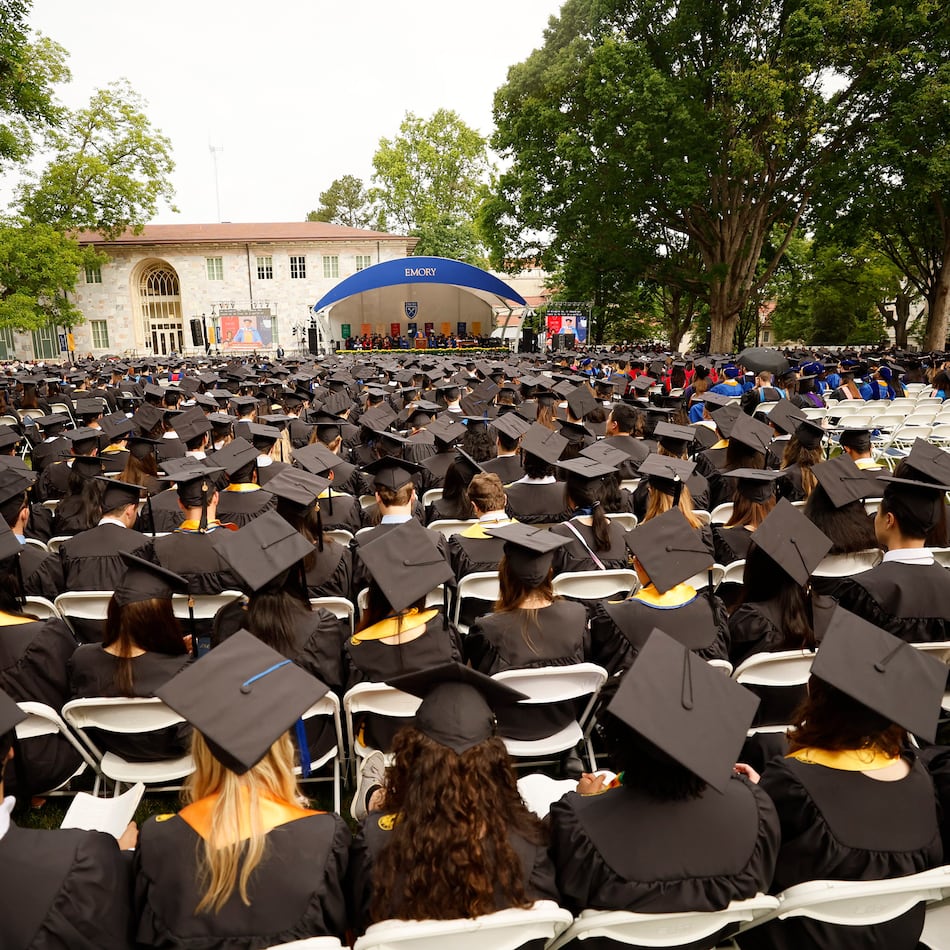On Monday, the Atlanta Symphony Orchestra will collaborate with the Atlanta Jewish Film Festival to present a gala concert. Not only will this be the ASO’s first joint effort with the festival, it will be the first time that a major orchestra anywhere in the world has presented a concert devoted to Jewish-themed film scores.
The concert will feature music from “Gentlemen’s Agreement,” “Exodus,” “The Diary of Anne Frank,” “Schindler’s List,” “Yentl,” “Life is Beautiful,” “The Producers,” “Masada,” “I Have Never Forgotten You,” and, this being Atlanta, “Driving Miss Daisy.”
Richard Kaufman, who probably conducts more film music than almost anyone, will be at the helm. When asked, “What makes this concert different from all other concerts?” he responded, “It combines great film music used to tell great stories of Jewish life and experience, and it was written by a truly extraordinary group of composers. People like Elmer Bernstein, Alfred Newman, John Williams and Jerry Goldsmith.”
Kaufman said that he went to some length to make sure this was not a concert limited to films dealing with the Holocaust, which would be extremely dark. He wanted a broader range of colors, emotions and melody. “For example, ‘Schindler’s List’ is almost a violin solo; ‘Life is Beautiful’ has a charming score that goes against what is actually going on; and the music for ‘Driving Miss Daisy’ has a Southern country feel,” he said.
Ben Mankiewicz, one of the hosts for Turner Classic Movies and for “The Young Turks” on Sirius satellite radio, will introduce the scores.
The “golden age” for film scores was a result of the persecution of Jews in Europe, which resulted in an exodus of European composers. Many wound up in Hollywood looking for work at just the time sound movies were taking off. At that time, many of the scores had a classical sound, reflecting the training of the composers.
What makes a great film score? Elmer Bern-stein, whose “The Ten Commandments” will be featured in the concert, often said that the most important attribute for a film composer was “that he or she is a dramatist. The function of the score is to get on top of the film and drive it along.”
But should the audience notice the music? That has been the subject of considerable debate. In these films, for the most part, only the person least attuned to music could fail to hear the score. But these scores also were selected precisely because they can stand on their own as concert pieces. Kaufman said “part of the excitement of this concert is that the audience will be hearing these scores live, played by a talented orchestra that can catch all the color and detail of the music.” As at previous ASO concerts of film music, silent excerpts from the movies will be projected above the orchestra onto giant screens.
The concert will be the opening event of the film festival, which continues Jan. 13-24 at venues around town.
About the Author
Keep Reading
The Latest
Featured

